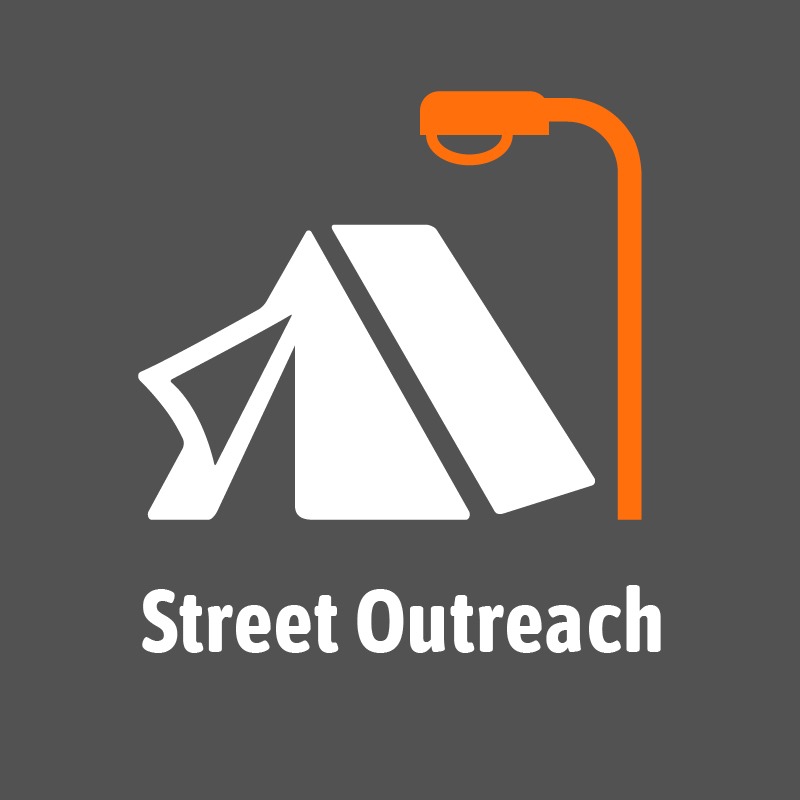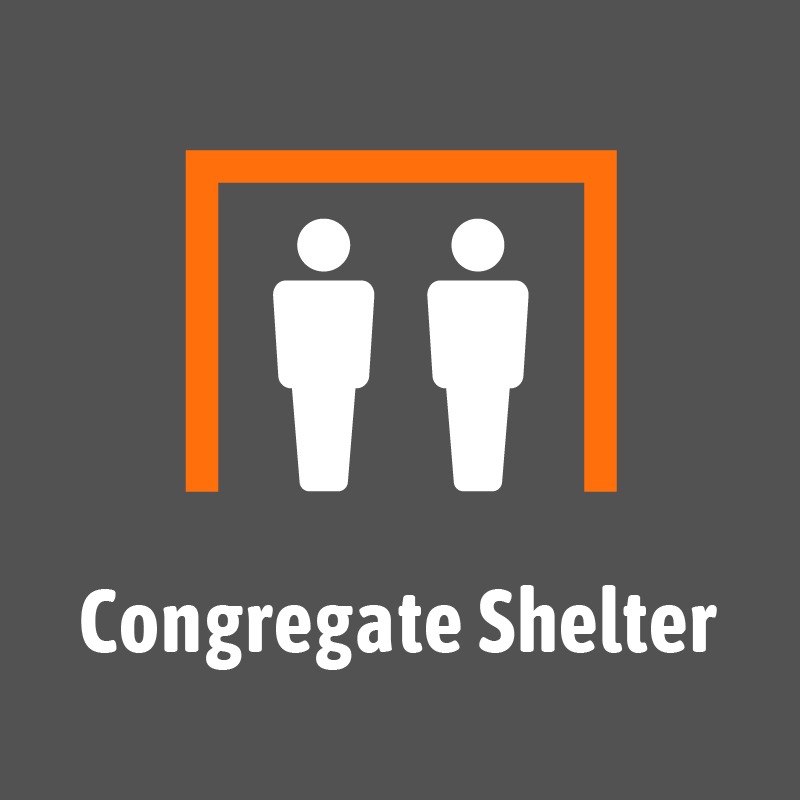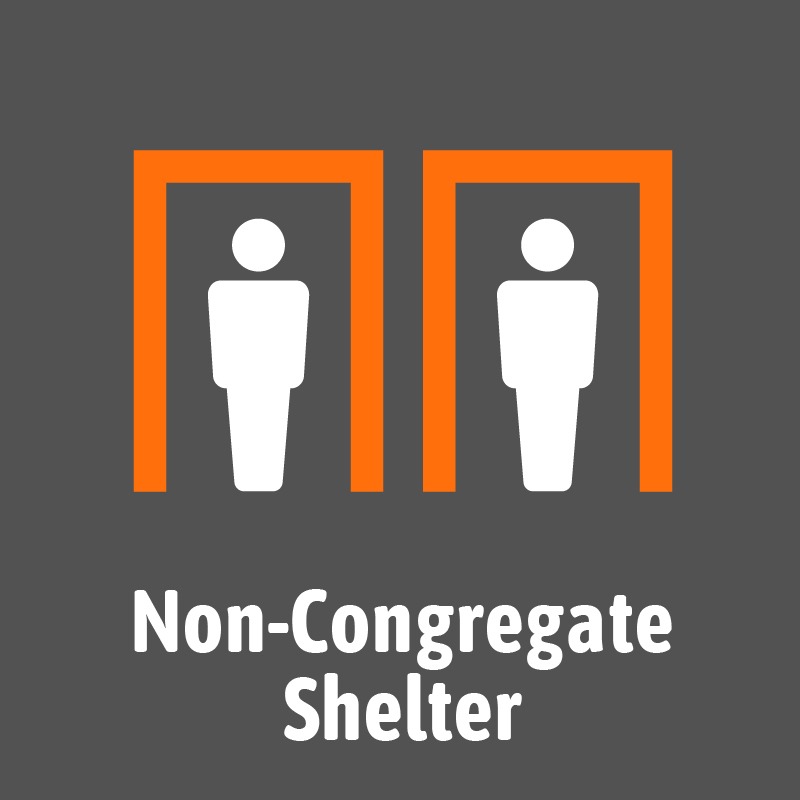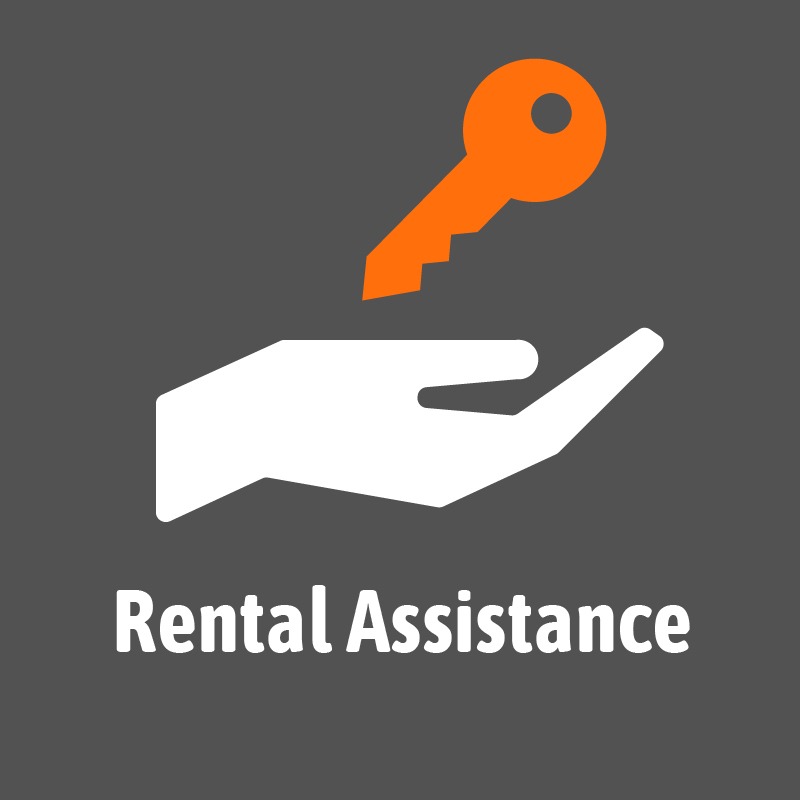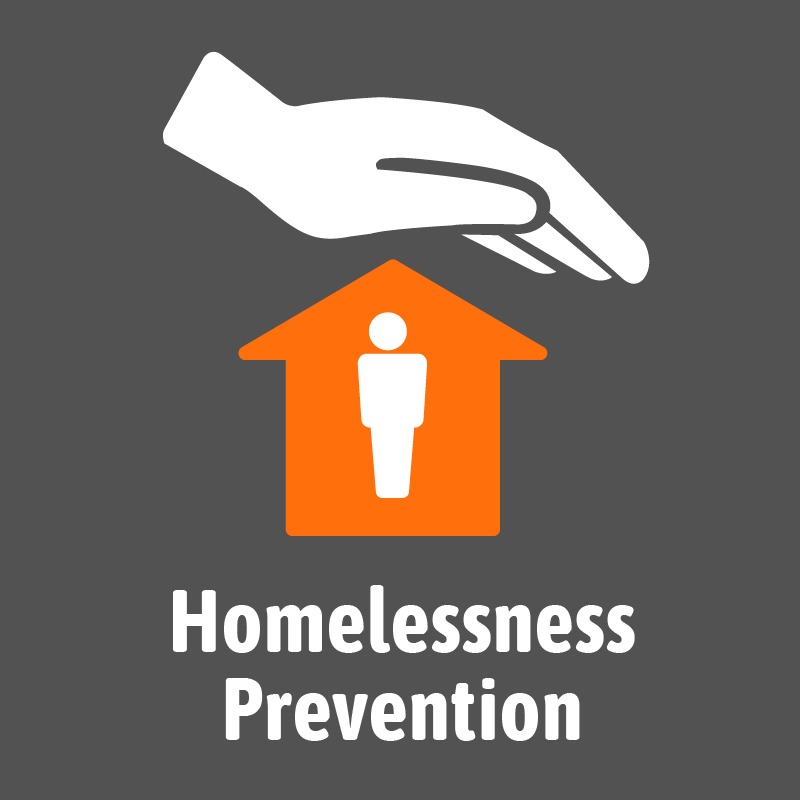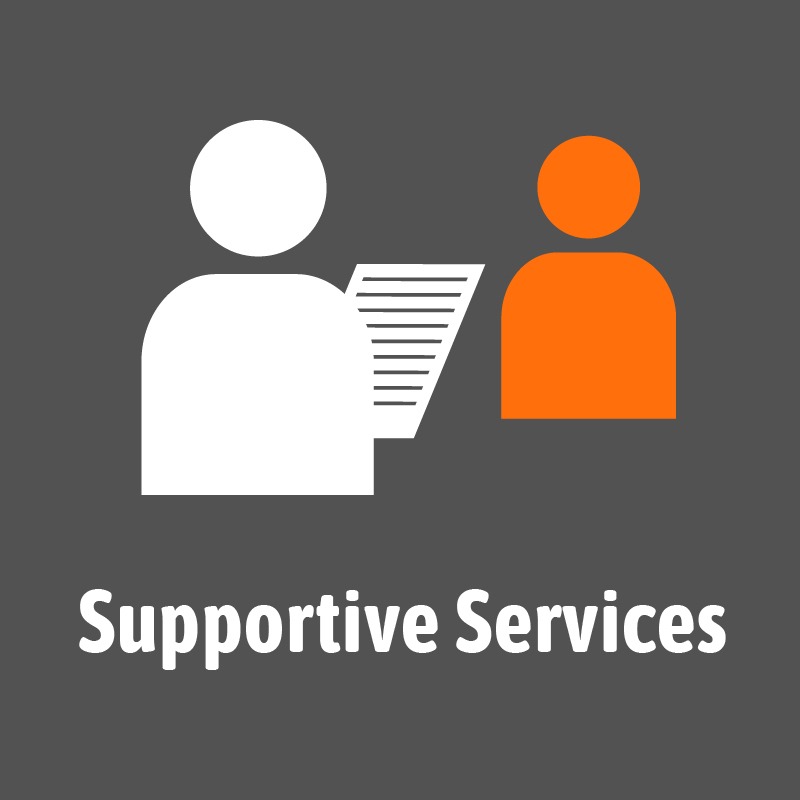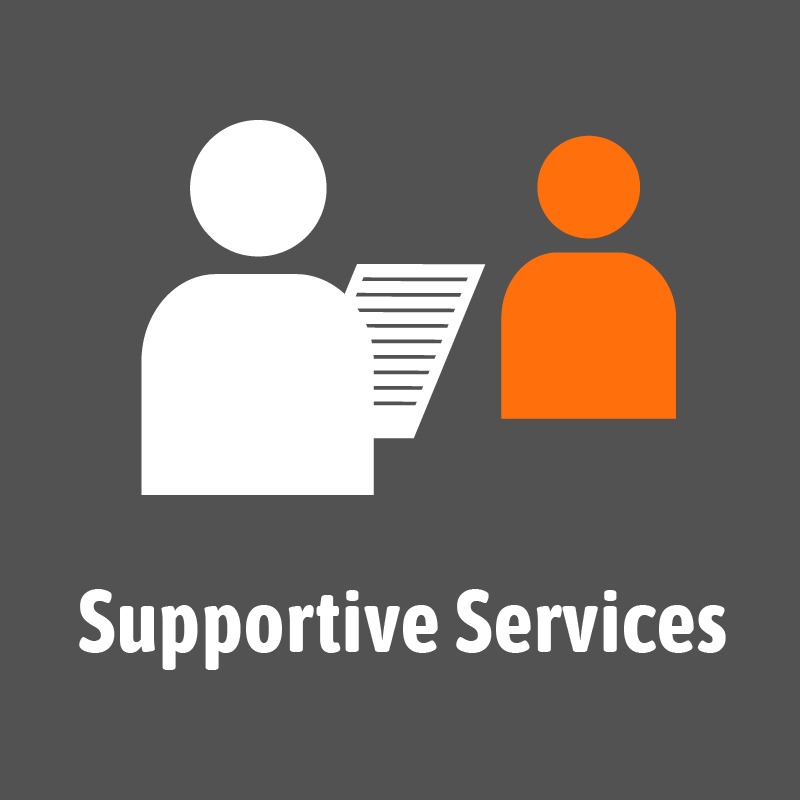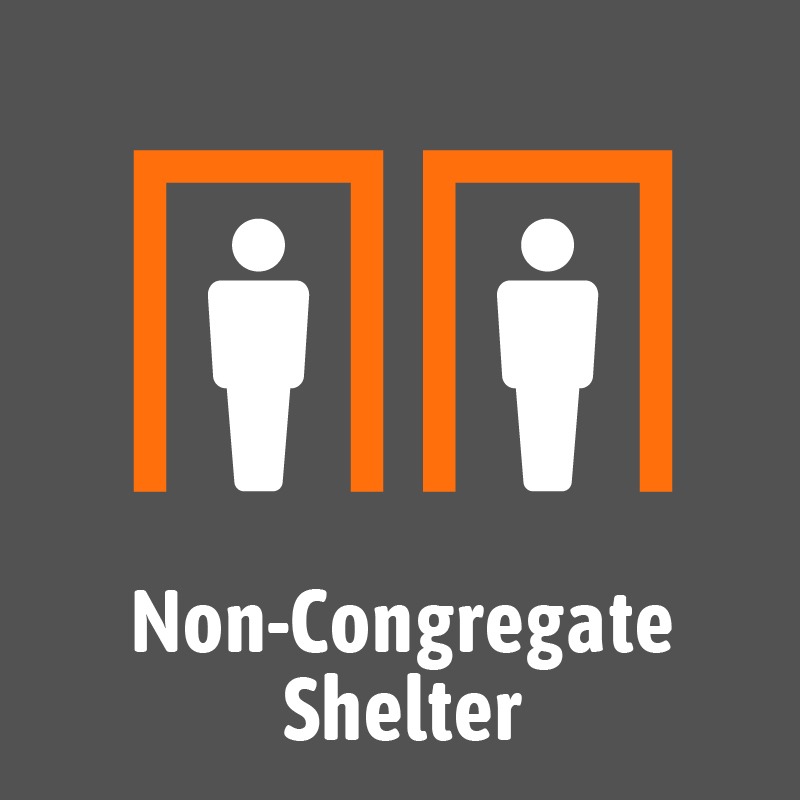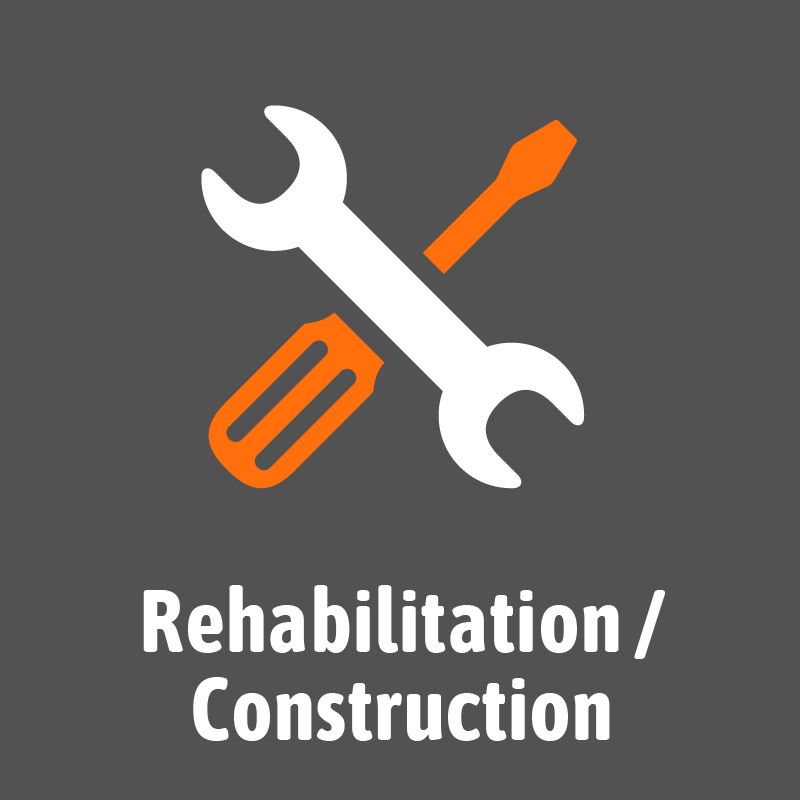Accelerating Housing Placements with the CARES Act and HUD CPD Regulatory Waiver
May 29, 2020Emergency Solutions Grant (ESG-CV)
Can fund…*
Regulatory Waiver Exceptions
- Any ESG recipient (not just the HMIS Lead) may pay costs to upgrade/enhance HMIS until the end of September 2020.
- Homelessness Prevention re-evaluation frequency extended to once every 6 months until the end of September 2020.
- Monthly case management requirement waived until August 22, 2020.
- Rental Assistance is no longer capped at FMR, provided the rent cost is still considered Reasonable for leases signed between April 1 and September 30, 2020.
Accelerate housing placements by…
- Upgrading and/or enhancing your organization’s HMIS to collect COVID-19 data, adjust for electronic signatures, and adding methods to document verbal consent.
- Using the Rental Assistance FMR waiver to consider a wider array of available units.
- Considering how/if Homelessness Prevention case management frequency reduction might expand capacity for enrollment.
*The ESG Program components shown have been abridged to focus on those activities most salient to COVID-19 response and recovery. The ESG Program can fund additional activities not displayed here. Please see HUD’s ESG Program Components Quick Reference resource for additional components. (https://files.hudexchange.info/resources/documents/ESG-Program-Components-Quick-Reference.pdf | Accessed May 2020)
Continuum of Care Program (CoC)/Youth Homelessness Demonstration Project (YHDP) Grants
Can fund…*
Regulatory Waiver Exceptions
- Rental Assistance is no longer capped at FMR, provided the rent cost is still considered Reasonable for leases signed between April 1 and September 30, 2020.
- Disability documentation requirements relaxed for PSH for participants admitted from April 1 – September 30, 2020.
- Until April 2021, CoC Program funds may be used to pay for up to 6 months of a program participant’s utility arrears and up to 6 months of program participant’s rent arrears.
- Monthly case management requirement waived until August 22, 2020.
- For units leased between April 1 – September 30, 2020, HQS physical inspections no longer required provided that the project can inspect via digital means or has a plan to reinspect the units within 3 months after public health officials determine no additional special measures are necessary to prevent the spread of COVID-19; HQS re-inspections are waived until April 2021.
- Leases signed from April 1 – September 30, 2020 may be shorter than a 1-year term.
- The rental assistance component of Rapid Re-Housing may extend beyond 24 months for clients that have reached the 24 month limit and are enrolled in RRH from May 22, 2020 until a state or local public health official has determined special measures are no longer necessary to prevent the spread of COVID-19.
- Clients enrolled from May 22, 2020 onward who reach the 24 month limit will be eligible to receive an additional 3 months of rental assistance after a state or local public health official has determined special measures are no longer necessary to prevent the spread of COVID-19.
- Projects granted under the Dedicated PLUS designation in FY 2018 and FY 2019 may waive eligibility related to transitional housing that is being eliminated. Dedicated PLUS projects may now serve households residing in transitional housing whether it is being eliminated or not as long as the household is considered chronically homeless upon entry to the transitional housing project.
- During the FY 2020 CoC Program competition, renewal projects will not be required to keep budget line items identical to their previous grant year. Renewal projects may amend their budgets temporarily to respond to participant needs without changing their project design when it is not operating in a public health crisis and can resume normal operations. Recipients may then apply in the next FY CoC Program Competition based on the budget line items in the grants before they were amended.
Accelerate housing placements by…
- Using the Rental Assistance FMR waiver to consider a wider array of available units.
- Housing clients as units become available without need to wait for an HQS inspection.
- Removing household’s credit and debt barriers that can make finding housing difficult by paying off rental and utility arrears.
- Housing clients with harder to document disabilities in PSH.
*The CoC Program components shown have been abridged to focus on those activities most salient to COVID-19 response and recovery. The CoC Program can fund additional activities not displayed here. Please see the CoC Interim Rule for additional components. (https://www.hudexchange.info/resource/2035/coc-program-interim-rule-formatted-version/ | Accessed May 2020)
Housing Opportunities for Persons with AIDS (HOPWA-CV)
Can fund…*
Regulatory Waiver Exceptions
- Eligibility extends to people without written documentation of their HIV status, provided they agree to obtain documentation within 3 months after public health officials determine no additional special measures are necessary to prevent the spread of COVID-19.
- Rental Assistance is no longer capped at FMR, provided the rent cost is still considered reasonable for leases signed between April 1, 2020 and May 22, 2021.
- For units leased between April 1, 2020 and April 1, 2021, physical Property Standards inspections are no longer required provided that the project can inspect via digital means or has a plan to reinspect the units after public health officials determine no additional special measures are necessary to prevent the spread of COVID-19.
- Property standards (HQS Inspections) are now waived until May 22, 2021.
- Space and security requirements are waived to address appropriate quarantine accommodation for a client and their family for the quarantine time frame recommended by local health care professionals.
- Time limits for Short Term Rental Mortgage and Utility Assistance (STRMU) may be waived on a case-by-case basis until May 22, 2021.
Accelerate housing placements by…
- Using the Rental Assistance FMR waiver to consider a wider array of available units.
- Housing clients as units become available without need to wait for an HQS inspection.
- Housing clients with harder to document disabilities in PSH.
*HOPWA components shown have been abridged to focus on those activities most salient to COVID-19 response and recovery. HOPWA can fund additional activities not displayed here. Please see the HOPWA Notice on Implementing the CARES Act for additional guidance.. (https://www.hud.gov/sites/dfiles/OCHCO/documents/2020-05cpdn.pdf | Accessed May 2020)
Community Development Block Grant (CDBG-CV)
Can fund…*
Regulatory Waiver Exceptions
- Removal of 15% cap on public service activities through the end of the 2020 project year.
- Ability to reimburse COVID-19 related expenses, regardless of when costs were incurred.
- Requirement for in-person public hearings to amend the Consolidated Plan waived through the end of the 2020 project year.
- Extension provided for submission of Consolidated Plans until August 16, 2021.
- Gives the Secretary of HUD authority to issue statutory/regulatory waivers/alternative requirements for the use of CDBG to respond to emergent needs related to the coronavirus.
Accelerate housing placements by…
- Re-orienting the Consolidated Plan to prepare community systems for responding to affordable housing and homeless services needs.
- Purchasing the equipment and supplies frontline staff need to stay safe during the housing process.
- Rehabilitating/constructing sites where patients in need of quarantine or isolation can stay during the search for permanent housing.
*The CDBG components shown have been abridged to focus on those activities most salient to COVID-19 response and recovery. CDBG can fund additional activities not displayed here. Please see HUD’s CARES Act Flexibilities for CDBG Funds Used to Support Coronavirus Response for additional components and guidance. (https://files.hudexchange.info/resources/documents/CARES-Act-Flexibilities-CDBG-Funds-Used-Support-Coronavirus-Response.pdf, | Accessed May 2020)
QUALITY CHECK
Learn more about our process for vetting information.
What context was the data underlying this recommendation collected in?
- This data was collected (and sometimes copied directly) from publicly available HUD resources and memoranda.
What context or question do we recommend this resource for?
- We recommend this resource for communities aiming to reduce the length of time from identifying a household to housing them using additional funding from the CARES Act and flexibilities from the HUD CAP Regulatory Waiver.
What other contexts do we reasonably think this recommendation might apply to, and on what basis?
- Unsure.
Who reviewed this data, and what are their credentials to assess it?
- A single Built for Zero staff member with direct experience administering and overseeing CoC and ESG programs interpreted the HUD Memoranda and guidance documents to create this compilation. It did not receive external review on content.
When was the data underlying this recommendation collected?
- The week of May 11, 2020.
Do we have reason to believe the situation has materially changed since that date, or is likely to change soon?
- The Secretary of the Department of Housing and Urban Development has the authority to change permissions granted through the regulatory waiver for certain programs at any time. Staff will need to monitor and incorporate any changes implemented by the Secretary into this document.
What specific component of this resource do we recommend?
- We recommend reviewing all content in this resource.
Are there any specific elements of this resource we do not recommend?
- No.
What elements of this resource were we unable to assess?
- This document would benefit from review from an additional staff member knowledgeable on HUD CPD Programs.
What elements of this resource do we want to know more about?
- How community members are currently deploying CARES Act funding and the flexibilities allowed by the Regulatory Waiver to accelerate housing placements.

